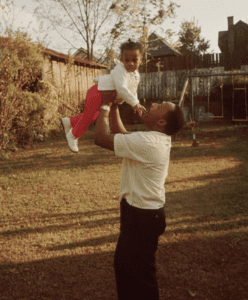How to Talk to Kids About Vaping

Use of JUUL and other highly addictive e-cigarettes is skyrocketing among young people. Doctors advise parents to start by educating themselves, so they know what they’re talking about going in, and to take an inquisitive and curious approach to what their teen’s experience is. The most important thing is keeping it as a dialogue. Declarative statements like “It’s bad for you” will quickly end the conversation.
Start the conversation more generally by asking if a lot of kids at school vape. Once the conversation is initiated, you can slowly work up to asking things like, “What is your experience with that? What are the flavors like?” This helps get a sense of what they know (or think they know) about the product, which gives you an opening to start educating them.
Of course, while parents need to educate themselves, the duty isn’t entirely on them. Schools play a part with this as well and providing educational strategies for both teachers and students will provide a more comprehensive approach for preventing teen vaping. Prevention is a lot easier than treatment later on, and peer education can play a particularly important role.
If you are concerned that your child has become addicted there are plenty of treatment options. Consulting with a clinician who is well-versed in addiction treatments is one option. People usually think this is different from cigarette use, but it can be more severe than cigarette use.
For tips on how to talk to teenagers about vaping, check out these resources from the Partnership for Drug-Free Kids.
- Call 1-855-DRUGFREE or Visit drugfree.org/helpline
Text a question to 55753
- Check out the U.S. Surgeon General’s Report on E-Cigarette Use Among Youth and Young Adults.
- Help for your child: If your child vapes or smokes, visit teen.smokefree.gov for resources to help them quit including the quitSTART app and a text messaging program (Text “Quit” to 47848).



